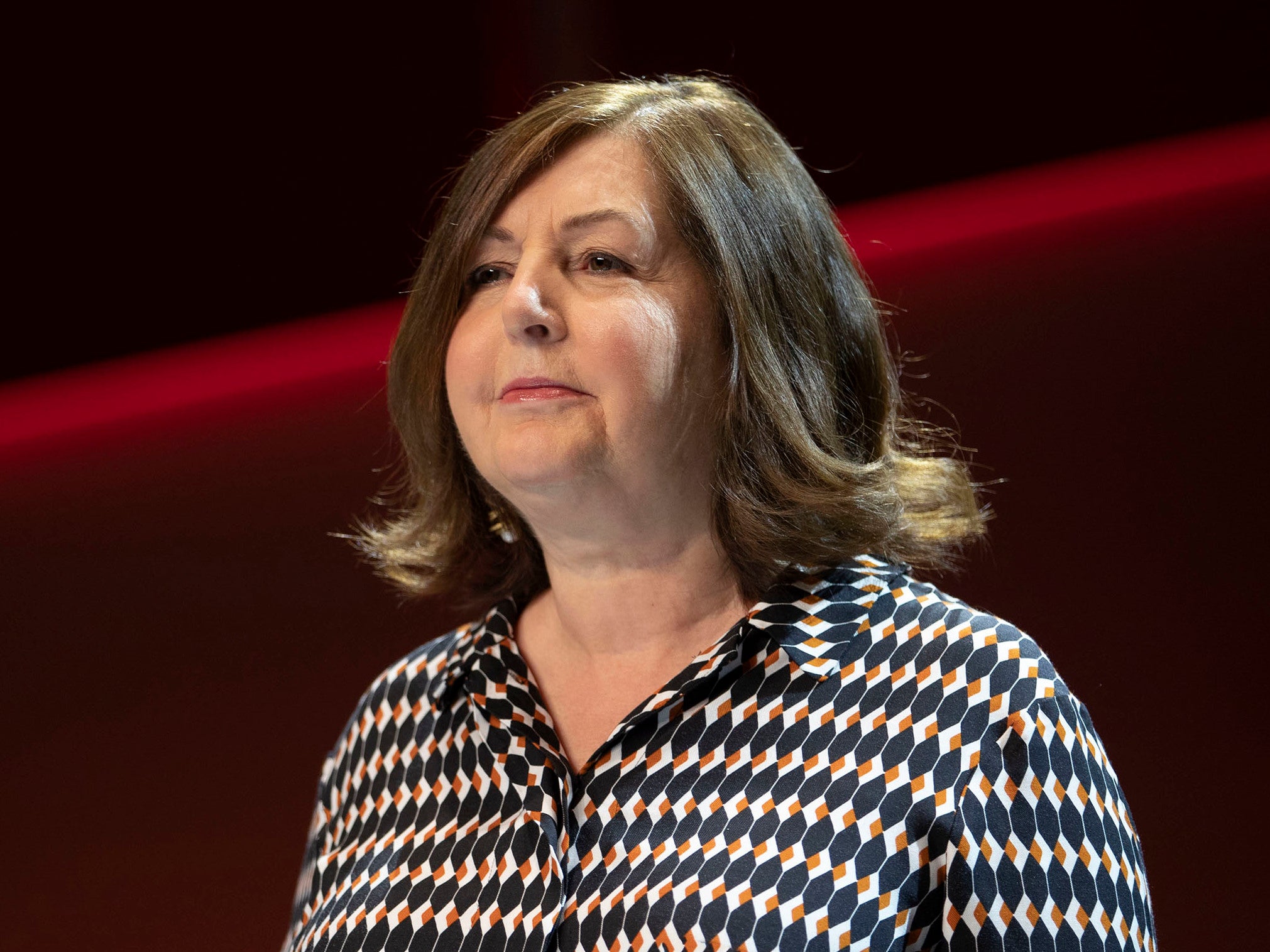Women’s fertility is a ‘forbidden subject’ – since when?
The idea that a woman of any age could ‘forget’ about babies – with constant reminders about biological clocks from medical professionals and family members – would be laughable if it weren’t so infuriating


Hey, Murray Edwards College! The 19th century called – and they want their curriculum back.
Cambridge University’s last single-sex college has a new president, Dorothy Byrne, and she’s serving up some interesting innovation. As well as classes about consent and harassment, students will learn about their declining fertility and childcare. Wait… what?
There must be some nuance here, because this sounds like something from a particularly unimaginative dystopian novel. Let’s see what Byrne says about her introduction of pro-natalist seminars: Byrne, a former head of news at Channel 4, reckons that she wants to “empower” the women in the college (I mean, she could have asked the women at the college what they would find empowering but, in the absence of that, babies it is!)
Byrne believes that fertility has become: “a forbidden subject…young women are being taught that they all have to do well in school, get a degree, be successful in their career and be beautiful… the thing that is getting lost along the way is that you forget to have a baby, which I nearly did.”
Byrne goes on to lament that asking women about her plans for reproduction has become “almost forbidden” – and that it’s “seen as old fashioned and negative to say to girls the things that an older generation used to say, like, “Are you courting?” or, “When are you going to have a baby?”
But come on – women’s fertility can hardly be classed as “a forbidden subject”. Byrne is president of a single-sex university college at Cambridge, she’s not Severus Snape teaching the Dark Arts at Hogwarts.
I’ll tell you what, though: I wish asking women about babies was forbidden. I long for the day when strangers and acquaintances don’t feel entitled to ask me about my reproductive choices. The idea that a woman of any age could “forget” about babies – what with the constant reminders about biological clocks and “you need to get a move on” encouragements from medical professionals and family members alike – would be laughable if it weren’t so infuriating.
Now, I’ve got a cutting-edge idea. It might be a bit avant-garde so bear with me… how about we stop brow-beating women with yet another life “deadline” and (if we really want young women to have kids) concentrate on the infrastructural issues that might make motherhood seem more appealing?
Given that women continue to be the primary caregivers for children, that women have to plan for maternity leave and career breaks, that childcare continues to be prohibitively expensive, that women are more likely to have to take part-time jobs or lower-paid jobs flexible enough to fit with childcare, and that single mothers are far more likely to experience poverty than any other group – it seems to me like there are more pressing social issues here than “teaching” women about their declining fertility.
And this is all assuming that a declining birth rate is a bad thing. Or is it more about whose birth rates are in decline? Is it a coincidence that it is women of privilege at Cambridge University who are being ushered into motherhood? Reproduction is central to dominant narratives around social hierarchies – we should ask ourselves a key question: who do we want to have more babies?
Of course, there’s no mention that male students will be given classes on their fertility and their “right to choose to have a baby”, either. Not when we can continue to gender stigmatise parenting and caring as a woman’s role.
Now, I’m off to give the 19th century a call back. I’m going to tell them they can keep their curriculum.
Join our commenting forum
Join thought-provoking conversations, follow other Independent readers and see their replies
Comments
Bookmark popover
Removed from bookmarks